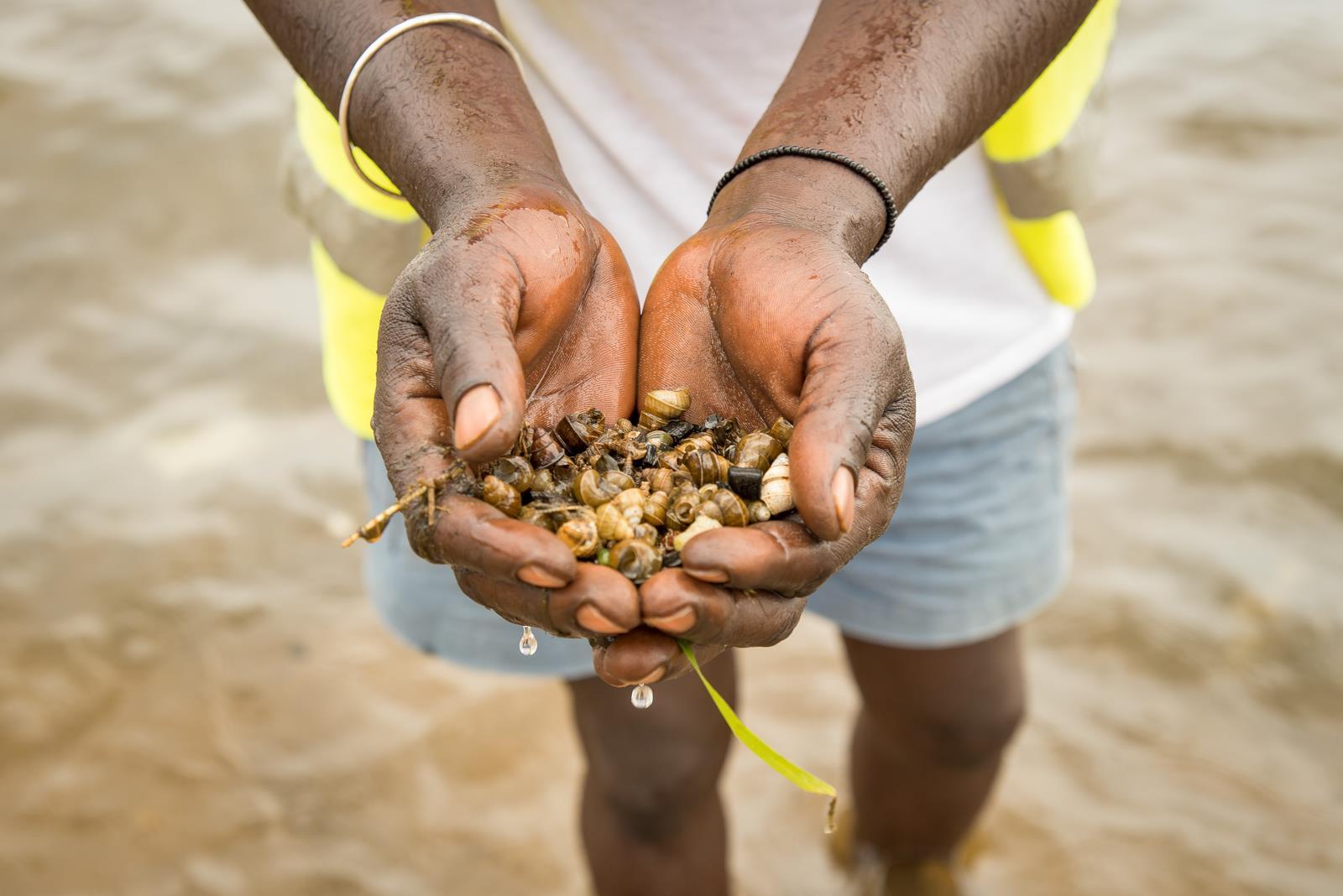
Though more than 200 million people worldwide are affected by schistosomiasis (bilharzia), Africa bears the biggest brunt reporting nine out of ten cases globally. As such, a multi-sectoral approach involving research, community engagement, and strong political commitment is crucial to combat the disease.
This is according to Dr Nada Abdel Aziz, Fellow of the African Research Initiative for Scientific Excellence (ARISE) programme and Lecturer at the Faculty of Science, Cairo University, Egypt.
Bilharzia is transmitted when individuals come into direct contact with freshwater contaminated with larvae released by infected snails. Symptoms vary depending on the form of the disease (intestinal and urogenital).
Intestinal schistosomiasis can result in abdominal pain, diarrhoea, and blood in the stool as well as liver enlargement in advanced stages. Urogenital schistosomiasis is characterized by blood in the urine as well as kidney damage and fibrosis of the bladder and ureter in advanced cases.
According to Dr Aziz, the disease is endemic in more than 40 African countries, especially where many communities rely on contaminated freshwater sources for daily activities such as bathing, fishing, and farming.
“The prevalence is highest in regions with poor sanitation and inadequate access to clean water, which facilitate continuous transmission. Efforts such as mass drug administration (MDA) programs have been implemented, but reinfection remains a major issue due to persistent exposure to infected water bodies,” she said.
Dr Aziz notes that at the research level, efforts should focus on accelerating vaccine development, identifying new drug candidates, and improving diagnostics to detect low-burden infections.
“Research has focused on identifying antigens that can invoke strong and protective immune responses, showing promising results in preclinical studies. However, as of now, no schistosomiasis vaccine has been commercially licensed for use,” she notes.
Additionally, the primary treatment for schistosomiasis is praziquantel (PZQ), a highly effective drug that kills adult worms. Though MDA programs distribute PZQ to school-aged children and high-risk populations, the drug does not eliminate juvenile parasites, prevent reinfection, or control schistosomiasis-induced tissue damage.
At the community level, Dr Aziz calls for increased investment in health education, behavioural change campaigns, and improved sanitation infrastructure which is essential to break the cycle of transmission.
She also notes that governments must allocate more funding for control programs, strengthen healthcare policies, and collaborate with international organizations such as the World Health Organization (WHO).
Current management strategies of bilharzia include snail control programs, which use molluscicides to reduce the snail population, as well as improved water, sanitation, and hygiene (WASH) initiatives to prevent freshwater contamination.
About Dr Nada Abdel Aziz
Dr Aziz is a Lecturer at Faculty of Science, Cairo University, Egypt, and a Fellow of the African Research Initiative for Scientific Excellence (ARISE) programme.
ARISE is an innovative research and innovation support programme of the African Academy of Sciences (AAS), implemented by the AAS in partnership with the African Union (AU) the European Union (EU). ARISE is funded by the European Union and co-funded by the Carnegie Corporation of New York.
Original article written by Sharon Atieno and published in Science Africa.



